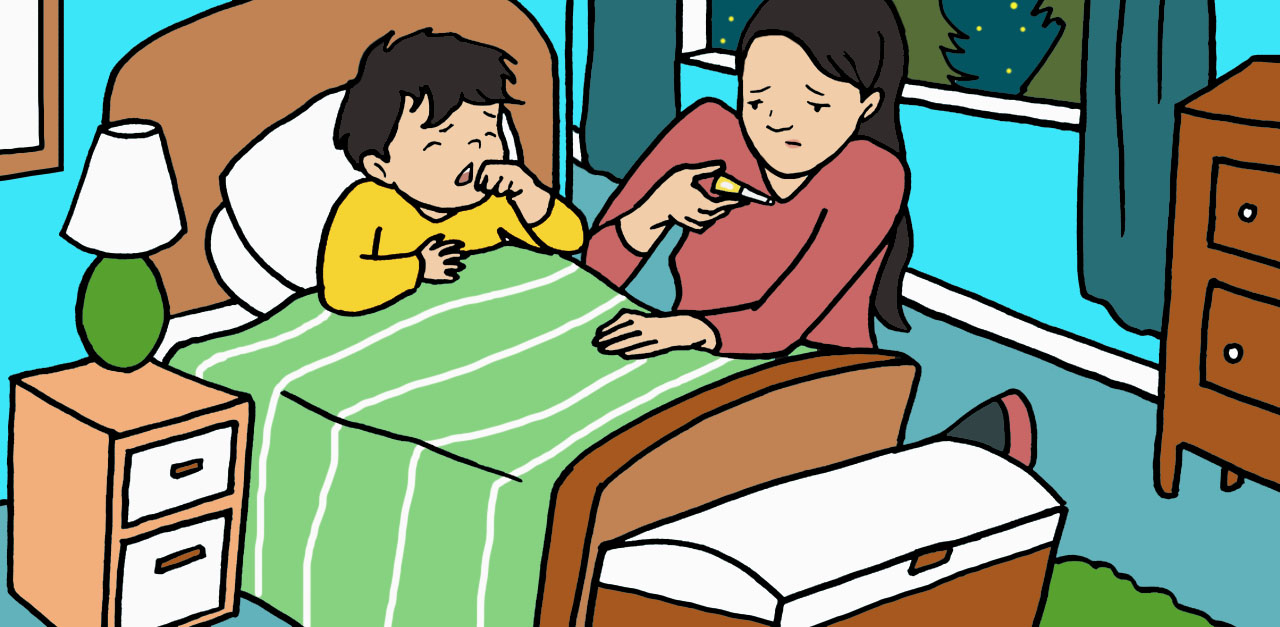
There's nothing I hate more than being coughed or sneezed on while I'm riding the subway. It totally grosses me out and makes me want to scream, "Cover your mouth!" at whoever did it.
That said, there's one exception to my disgust: when it's a kid who is sick.
Anytime a child sneezes or coughs in public, I immediately feel bad for them. I remember what it was like to be sick as a kid, and it was absolutely miserable. Obviously, I still hate being sick as an adult, but I think I deal with it in a more productive way.
Usually, kids just have a cough or cold, but sometimes it's something more serious, like strep throat or the flu.
Kids are also more susceptible to certain illnesses, and their bodies aren't as equipped to handle it. One of these sicknesses is croup. Find out more about the symptoms below.
Photos: Morgan Swofford for LittleThings; Wikimedia / Wellcome Images
What Is Croup?
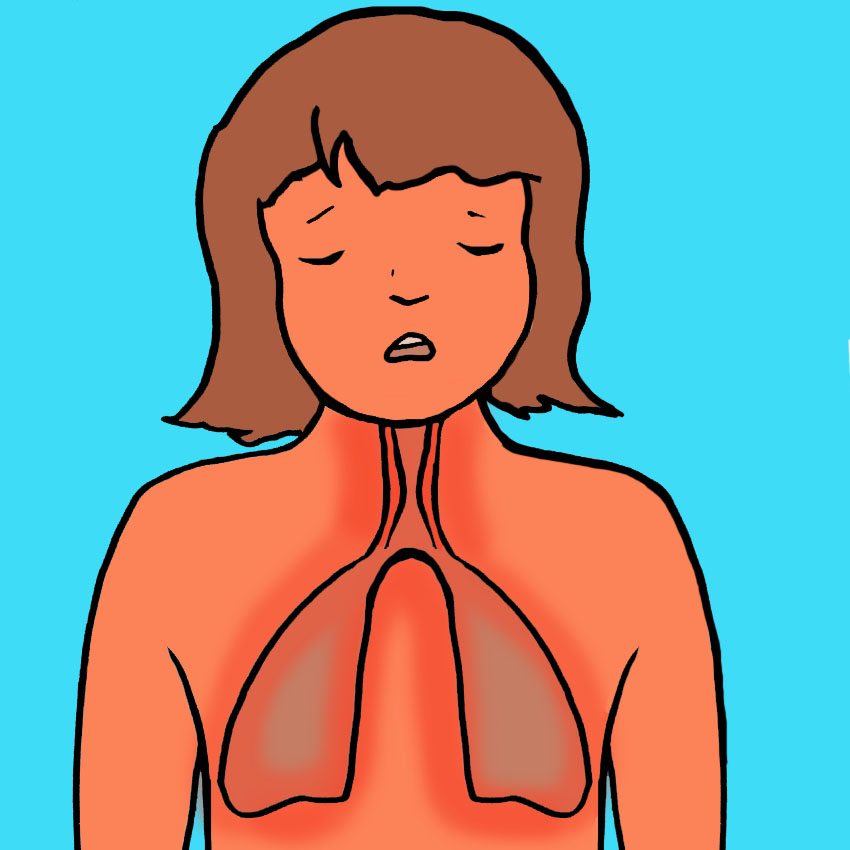
According to the Mayo Clinic, "Croup refers to an infection of the upper airway, which obstructs breathing and causes a characteristic barking cough."
Croup is most common among younger children (between 6 months and 3 years), and it usually isn't too serious. Most of the time, croup can be treated at home.
Croup is typically caused by a viral infection (usually a parainfluenza virus).
Symptoms Of Croup #1: Typical Cold
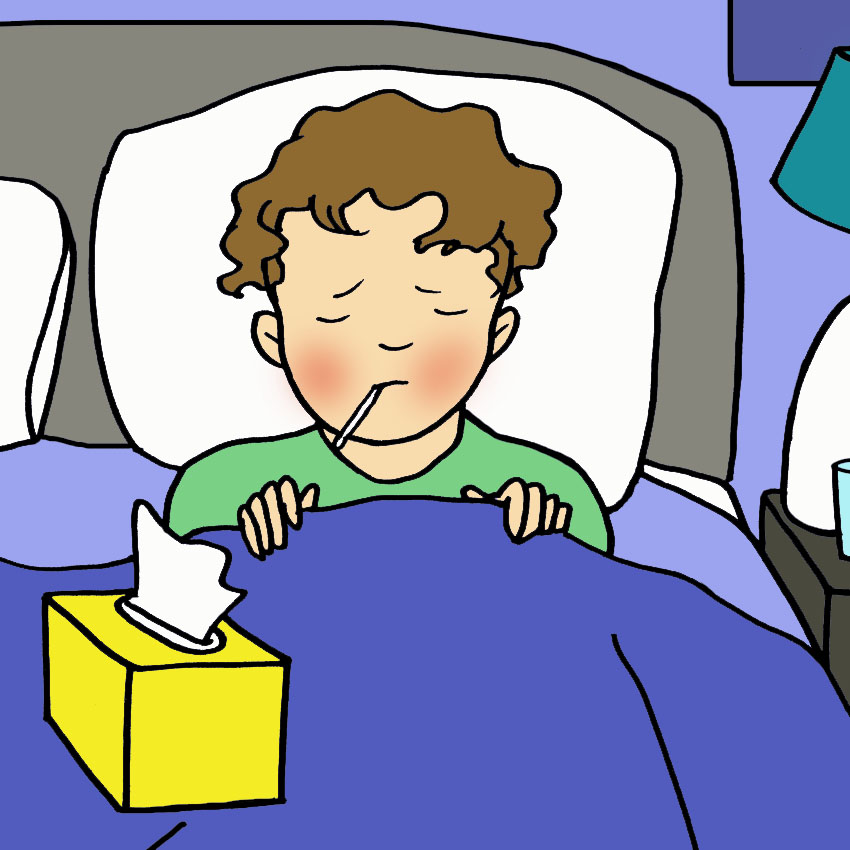
The Mayo Clinic explains that croup often starts as a normal cold. Once the cold progresses to croup, the symptoms usually last three to five days.
The reason children, especially those under age 3, get croup more often than adults is because they have small airways, which makes them susceptible to the illness.
#2: Loud, Barking Cough
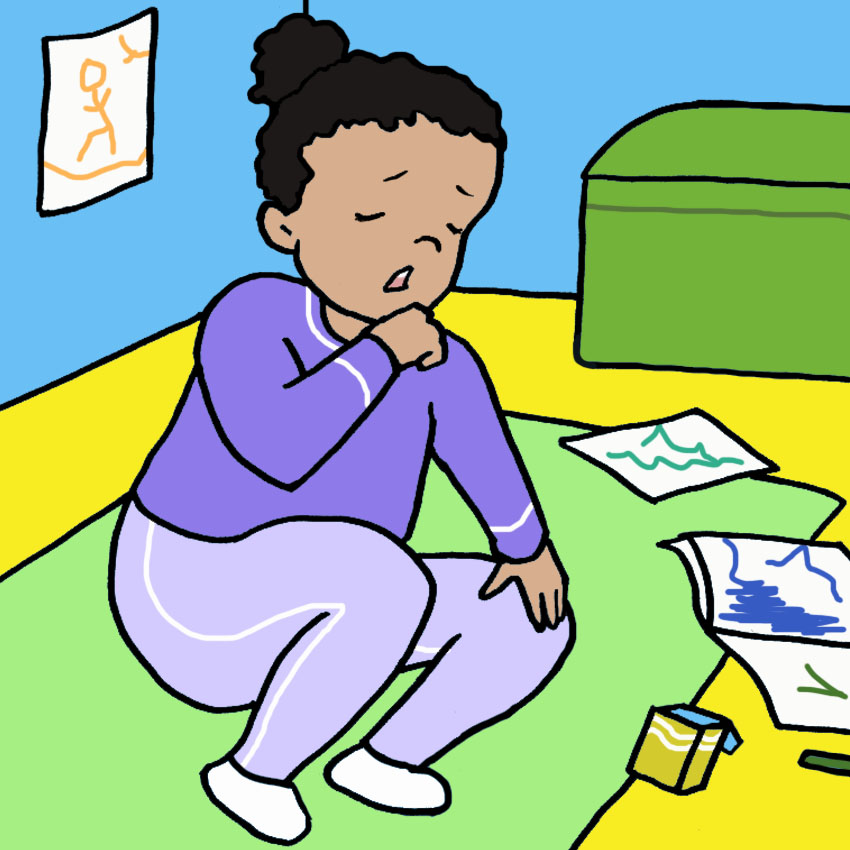
One of the most obvious symptoms of croup is a loud, barking cough.
Croup causes the vocal cords, windpipe, and bronchial tubes to swell, making the air passage narrower. The Cleveland Clinic explains that when a cough comes through this narrow airway, the swollen vocal cords create a barking noise or high-pitched whistling sound.
#3: Fever
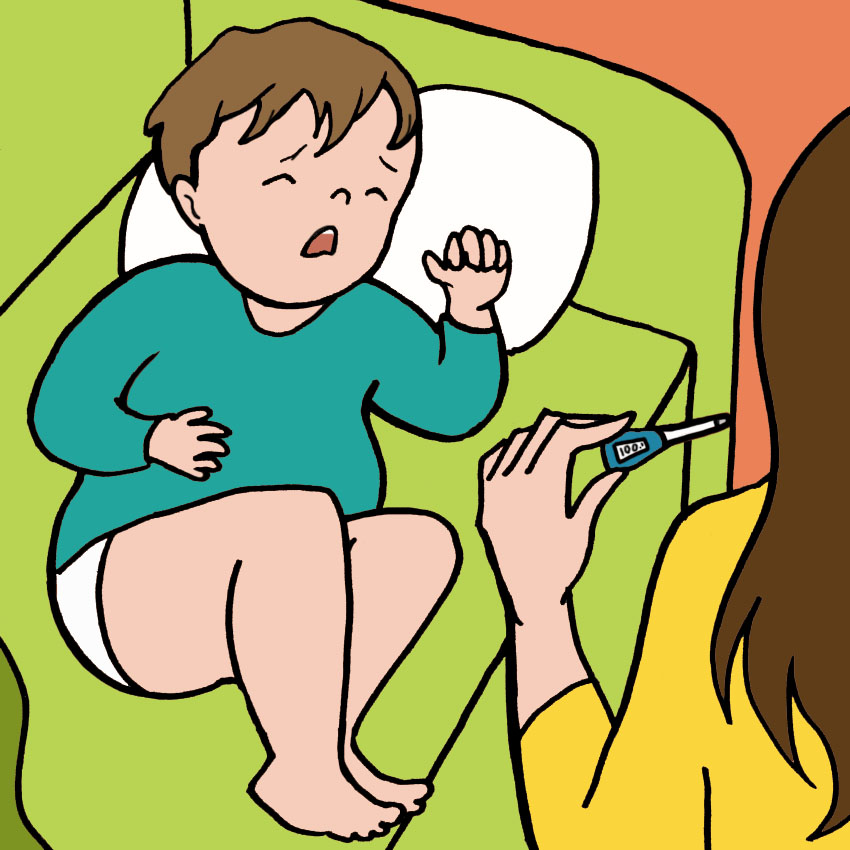
Another common symptom of croup is a fever.
Take normal steps to help a child with a fever; encourage them to get lots of rest and drink lots of fluids.
#4: Hoarse Voice
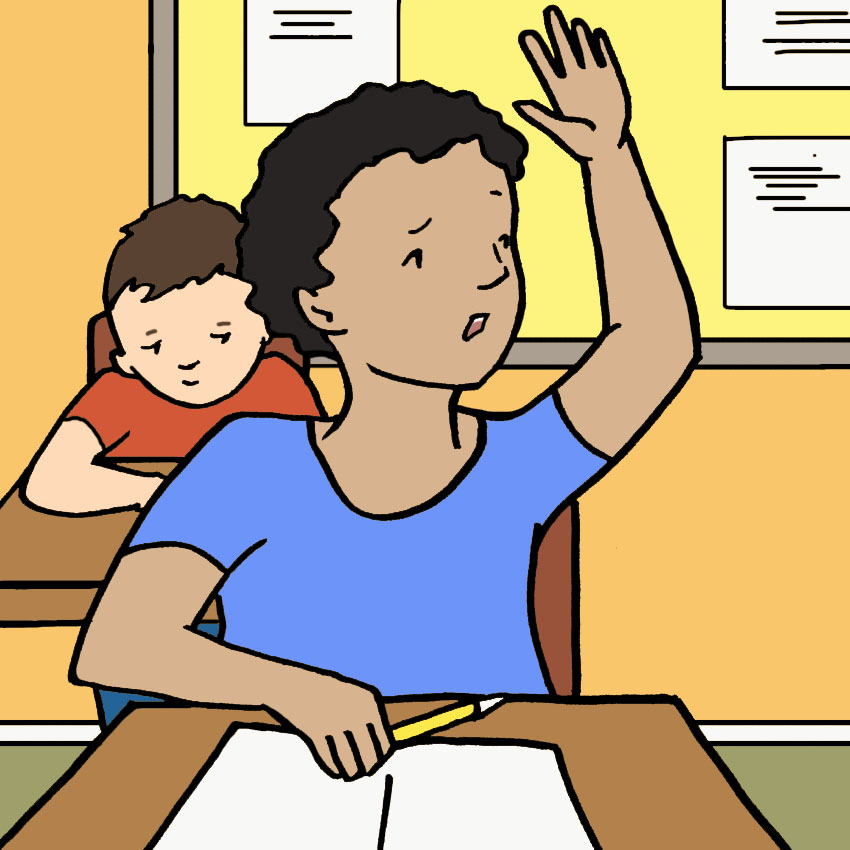
Because of the swollen airway and vocal cords, croup can also cause a hoarse voice.
Coughing a lot, which is common with croup, can worsen the way the voice sounds.
#5: Symptoms Worsen At Night And While Crying
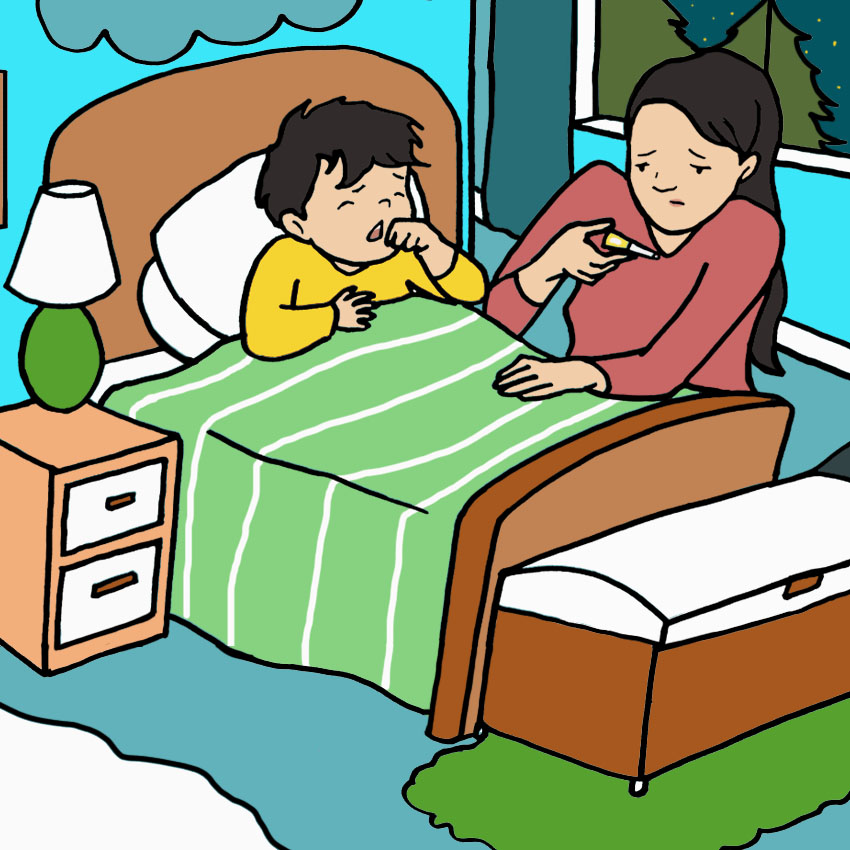
The Mayo Clinic explains that the cough and hoarseness caused by croup may be worse if the child is upset, or during the evening.
Anxiety and agitation can aggravate the cough, which can cause a cycle of worsening symptoms.
#6: Noisy, Labored Breathing
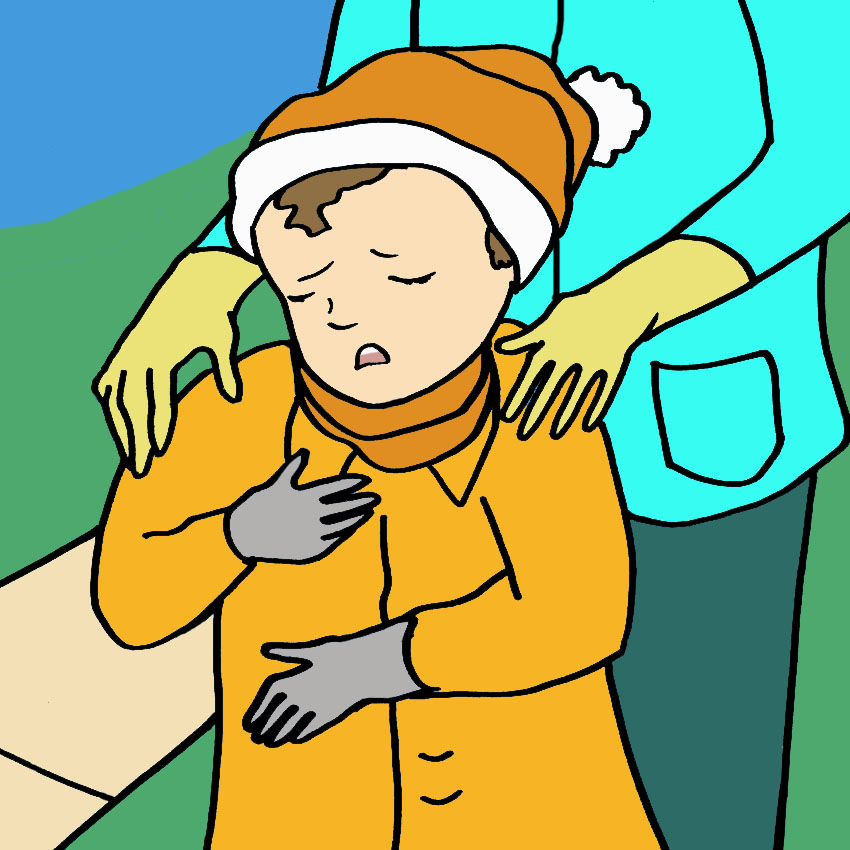
According to the Cleveland Clinic, "In the more serious cases of croup, children can develop a harsh, raspy, vibrating wheeze when they inhale, which is called stridor."
Stridor may also cause noisy breathing upon exhaling.
#7: Fast Breathing
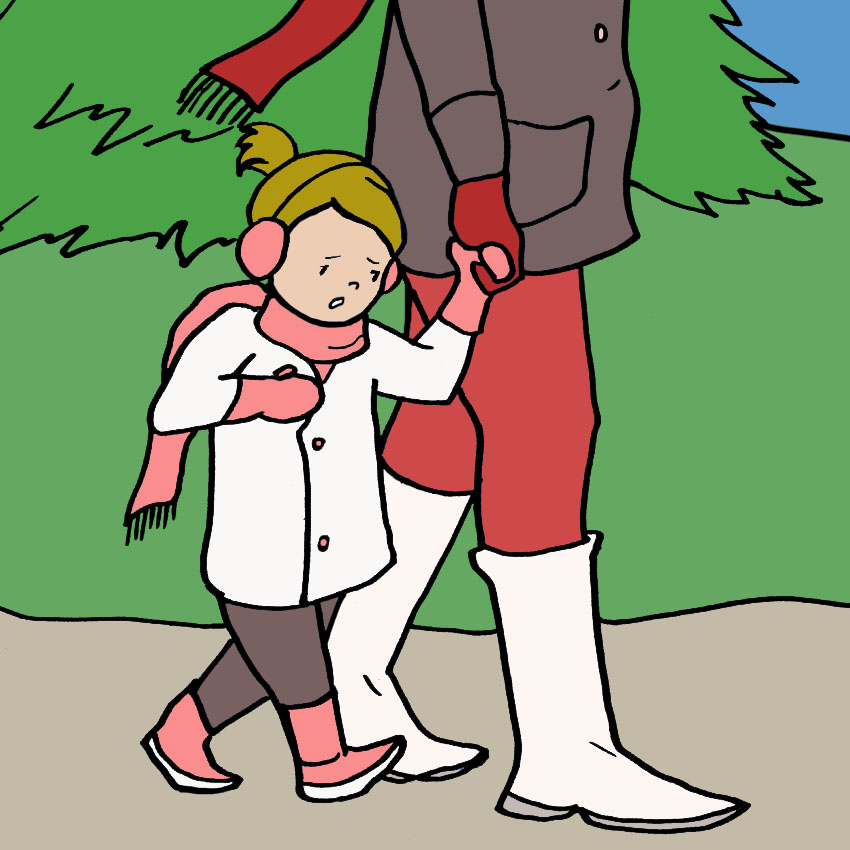
Since kids can't get the same amount of oxygen when their airways are swollen, they may have difficulty breathing.
This may force them to breathe faster than usual to compensate.
#8: Drooling Or Difficulty Swallowing
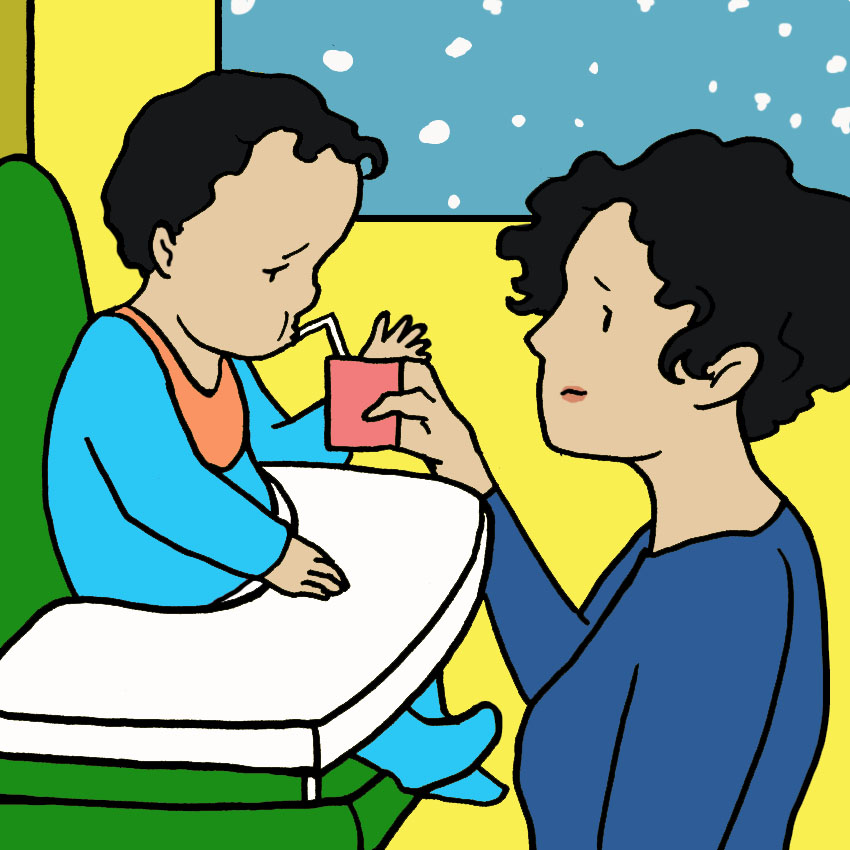
The Mayo Clinic explains that a severe symptom of croup is difficulty swallowing, or drooling.
Fortunately, only about 5% of children have more severe symptoms like this one.
#9: Blue Or Grayish Skin
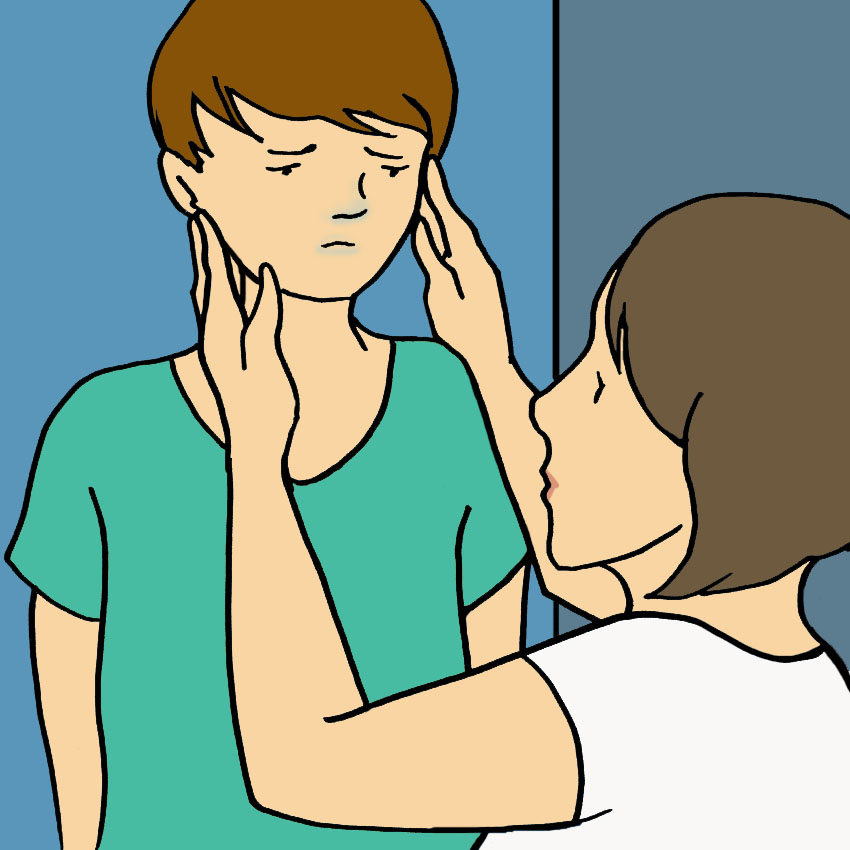
Another severe symptom of croup is blue or grayish skin, usually around the fingernails, nose, or mouth.
This blue/grayish skin is known as cyanosis, caused by low oxygen levels in the blood.
What To Do
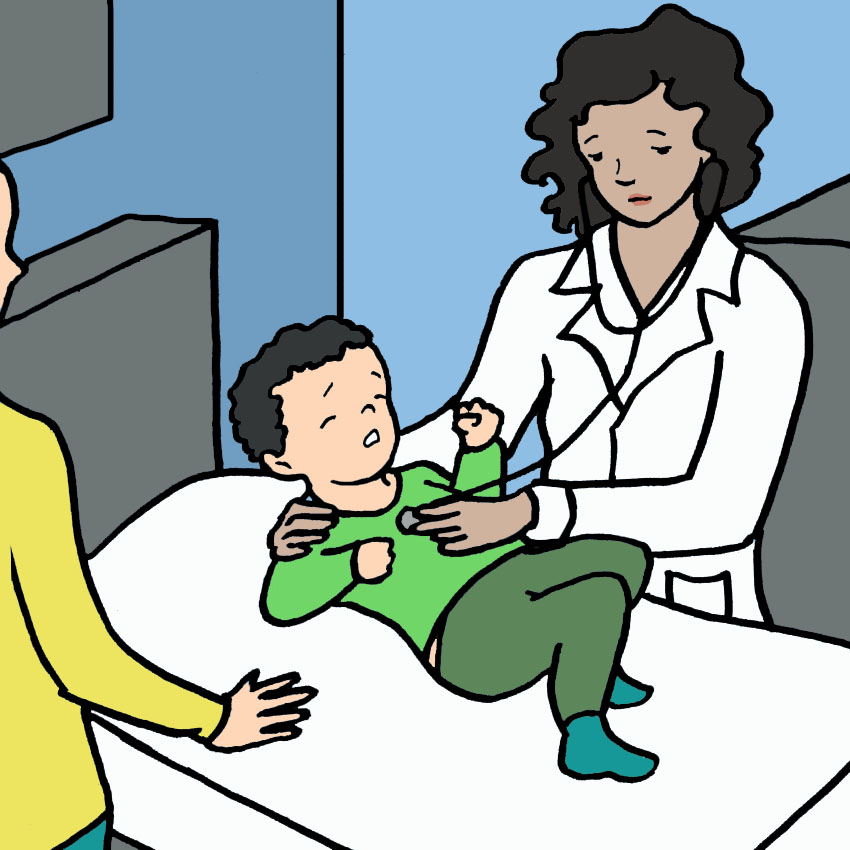
If your child has any of the final four symptoms listed above, you should seek immediate medical attention.
Even if you think your child has a mild case of croup, you should call your doctor for advice.
Please SHARE this article with your friends to spread awareness about croup!




